History books about the American Revolution
Plus: free poetry pamphlets, and a pep talk for stay at home parents.
Do you like poetry?
Back in the pandemic I produced a quarterly poetry pamphlet aiming to spread ‘peace through poetry’. It was a very enjoyable hobby and I met so many nice people around the world who like poetry, or who had discovered they liked it after seeing my pamphlets. After a couple of years I wound it up (turns out, home educating two children is a full-time job), and ever since then I’ve had the remaining back issues sitting in a box.
Today as I was checking the old email inbox, I came across a lady who had found a copy in her doctor’s waiting room, and wanted to know if there are any more she can purchase, and I realised that these things aren’t doing anyone any good sitting in their box. So if you want one (or several), I’m sending them out for free, worldwide, if you’re happy to cover the price of postage and packaging. They have dates on (‘Winter 2021/22’, for example), so they are obviously old, but the poetry doesn’t go out of date.
The poems are chosen from around the world and across the centuries, and the selections are loosely seasonal but not obsessively so. Each issue contains about a dozen poems, all chosen for their ability to bring peace.
If you’d like some—for you, for a friend, for your doctor’s waiting room—send me an email or leave a comment.
A pep talk from George Eliot
Sometimes it’s hard in the often invisible, always repetitive, and occasionally infuriating work of a mother/homeschooler/housewife/parent etc, to feel like you’re doing anything worthwhile. It doesn’t feel impressive. It doesn’t have social cachet. It certainly doesn’t give you a nice fat bank balance. It is often hard to see that you’re making any difference at all.
I have been feeling like this lately, and George Eliot’s words from the end of Middlemarch came into my head. As half the world is reading Middlemarch at the moment, they probably won’t come as news to you, but I’m going to repeat them all the same:
Her full nature, like that river of which Cyrus broke the strength, spent itself in channels which had no great name on the earth. But the effect of her being on those around her was incalculably diffusive: for the growing good of the world is partly dependent on unhistoric acts; and that things are not so ill with you and me as they might have been, is half owing to the number who lived faithfully a hidden life, and rest in unvisited tombs.
Read that again. Repeat as necessary.
Books on American History
I have been looking forward to studying the American Revolution with the children for ages. It’s one of my favourite subjects. The birth of a nation! Such courage, such convictions, such contradictions! Such heroes! I love it.
Alas, it’s not taught much to British children (is this because we Brits are sore losers?). I never studied it at school. In a giant bookshop recently, I found only two children’s history books about America—one on the Civil War, the other on the California Gold Rush. So, of course, I turned to the good people of Substack for their recommendations, which I reproduce for you here. Thank you so much to everyone who took the time to share their suggestions.
But first, in our library (thank goodness for well-stocked libraries!), I found the Heinemann History of America series, which I think is brilliant. In the past couple of weeks we’ve read The Settling of America (1590-1754), and The War of Independence. The series seems to be out of print and there’s no handy list of the books online, so here’s what they look like:
You can find them secondhand online. The list of books is:
The Discovery of America (from earliest times to 1590)
The Settling of America (1590-1754)
The War of Independence (1747-1803)
Westward Expansion (1801-1850)
The Civil War (1815-1869),
The Struggles of a New Nation (1840-1890)
The First Fight for Rights (1845-1928)
The Rise to World Power (1929-1948),
The Making of Modern America (1948-1976).
And this is an example of what they look like inside:
As an aside, there is also a Heinemann History of Britain series, which I think is also excellent. It’s more detailed and advanced than the America version. My 7 and 9 year olds can take in all of the America books, but we skip some of the detail in the British ones.
On Substack,
is compiling the story of American Independence in verse. Brad says: “The great moments of this story are scattered across volumes, buried in libraries, and hidden in long and frankly boring paragraphs and pages. They need to be distilled and they need to be stitched together.” Brad is doing the distilling, and it’s all there to read on his Substack. The contents page is here, which he updates as he goes along. What an amazing resource.Onto your recommendations:
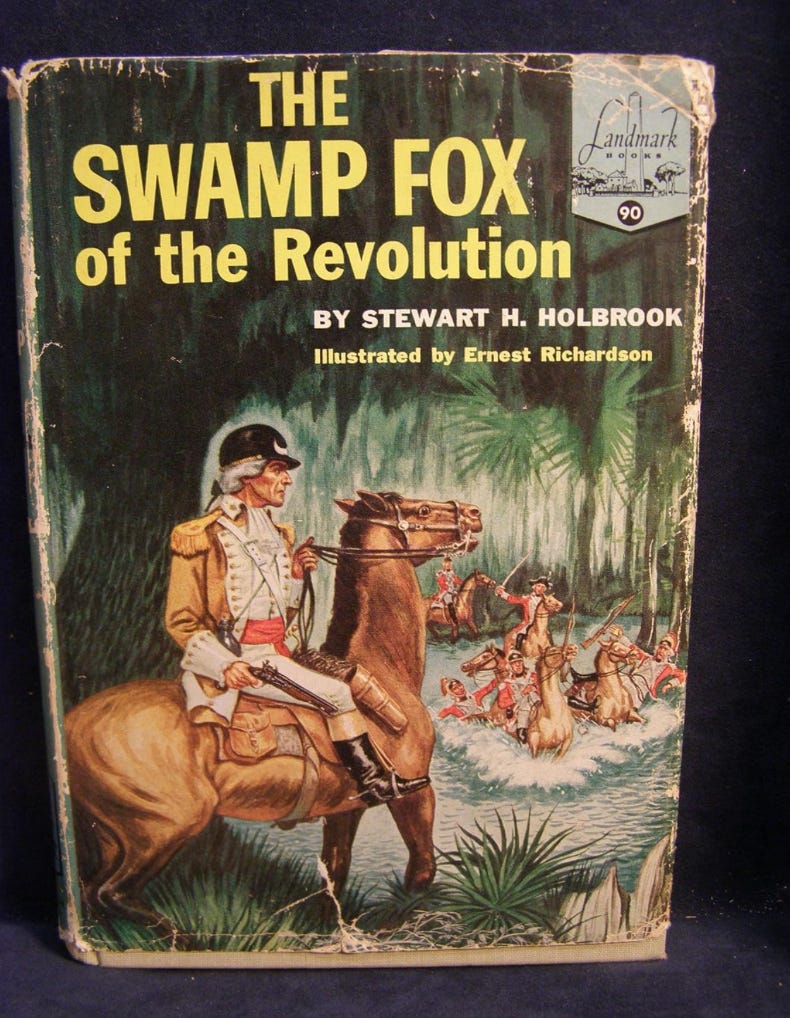
Historical fiction (mostly 8-12ish)
Robert Lawson, Mr. Revere and I: Being an Account of certain Episodes in the Career of Paul Revere,Esq. as Revealed by his Horse. Paul Revere didn’t make his famous midnight ride alone. Meet a patriot unlike any other: Scheherazade, the mare who doesn’t mind mentioning she was once the fastest and most admired horse in the King's army.
Johnny Tremain, by Esther Forbes (this is so good that I started reading it aloud to the children and we got through 60+ pages on the first day alone).
The Reb & the Redcoats by Constance Savery. A fifteen-year-old junior officer in the American Revolutionary Army is held as prisoner of war in a household in southern England, where he becomes involved with young Charlotte and her family while plotting an escape.
Toliver’s Secret by Esther Wood Brady. When her grandfather is injured, 10-year-old Ellen Toliver replaces him on a top-secret patriotic mission. Disguised as a boy, she manages to smuggle a message to General George Washington.
Early Thunder by Jean Fritz. In pre-revolutionary Salem, fourteen-year-old Daniel begins to re-examine his loyalty to the King as the conflict between Tories and patriots increasingly divides the townspeople.
The Swamp Fox of the Revolution by Stewart H. Holbrook. With no pay and little ammunition, a small band of backwoodsmen carried on a private war with the British redcoats in South Carolina during the American Revolution. Led by Francis Marion, these guerilla fighters struck fear into the hearts of the English as time and time again they ambushed soldiers and knocked out a string of forts before disappearing mysteriously into the swamps.
True to the Old Flag by G. A. Henty (for older readers/read aloud). Tells the story of the The American Revolution from the perspective of a young British loyalist.
Ann Rinaldi: Cast Two Shadows, The Fifth of March (Boston Massacre), Finishing Becca (Peggy Shippen and Benedict Arnold), A Ride Into Morning (Tempe Wick), Time Enough for Drums.
My Brother Sam is Dead. All his life, Tim Meeker has looked up to his brother Sam. Sam’s smart and brave—and is now a part of the American Revolution. Not everyone in town wants to be a part of the rebellion. Most are supporters of the British—including Tim and Sam’s father. War is raging and Tim knows he’ll have to make a choice—between the Revolutionaries and the Redcoats… and between his brother and his father.
Laurie Halse Anderson’s Forge (10-14 years). Second book in the Seeds of America series. The Patriot Army was shaped and strengthened by the desperate circumstances of the Valley Forge winter. This is where Curzon the boy becomes Curzon the young man. In addition to the hardships of soldiering, he lives with the fear of discovery, for he is an escaped slave passing for free. And then there is Isabel, who is also at Valley Forge—against her will. She and Curzon have to sort out the tangled threads of their friendship while figuring out what stands between the two of them and true freedom.
Amy Harmon’s A Girl Called Samson. A novel for grown ups about a girl who disguises herself as a soldier and joins the Continental army. 38,000 Amazon reviews!
Alice Turner Curtis, A Little Maid of… series. Useful intro on The Good and The Beautiful.
Sergeant Lamb’s America, Robert Graves (for older readers/grown ups). Based on the adventures of Sergeant Robert Lamb, a Dublin man, in the service of His Majesty’s Army. It begins with Lamb’s early days in Dublin and ends with his arrival in Boston as a member of the regiment taken prisoner after Burgoyne’s surrender at Saratoga.
Factual books
The American Revolution, Meet Thomas Jefferson, and Meet George Washington (all Landmark Books). We have just started The American Revolution from the library and it’s good. Clear, short chapters, good level of detail.
DK/Smithsonian The American Revolution: A Visual History (my goodness I want this book)
Childhoods of Famous Americans (these are recommended in The Well-Trained Mind, I’m very keen to get hold of a couple.)
Rush Limbaugh’s Rush Revere series
Nathan Hale’s Hazardous Tales: One Dead Spy, Lafayette
History Smashers: American Revolution (sample page below)
Oxford Very Short Introduction to The American Revolution (one for adults/older readers to brush up their knowledge. I love this series.)
Welcome to Felicity’s World, 1774: Growing up in Colonial America.
says: It gives a very good exploration of what life was like just prior to and during the Revolution from a child’s perspective. Lots of pictures of artifacts from the era and short real-life stories about girls and women from the time period. Honestly, if you have a girl who’s into historical fiction, the whole Felicity series is worth exploring. They also do a good job exploring things like how to respectfully and graciously hold your beliefs when those close to you disagree—Felicity’s best friend in the series comes from a Loyalist family. Emily also recommends “Liberty’s Kids—a TV show free on YouTube that’s SHOCKINGLY well done-- very nuanced, and depicts the war from the Loyalist and African American perspectives as well as from the Patriot one. The writers also went out of their way to bring in and quote a ton of actual accounts and writing from the time in the dialogue—like I said, shockingly well done.”Of course, the Who Was…? series. George Washington, Abigail Adams, Paul Revere.
As always, please add your own recommendations in the comments!
Thanks for reading. If you’re not subscribed to How We Homeschool, sign up for free and never miss a post.
Some of the links in this post are affiliate links. In theory, if you order after clicking them, I earn a small amount and it costs you nothing. In practice I have yet to receive anything from affiliate links, so who knows?!

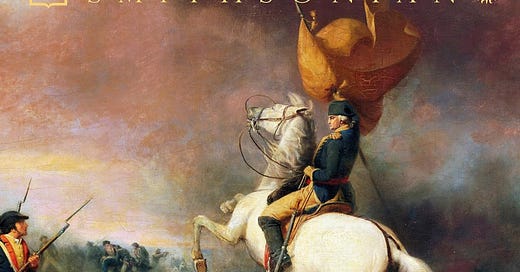


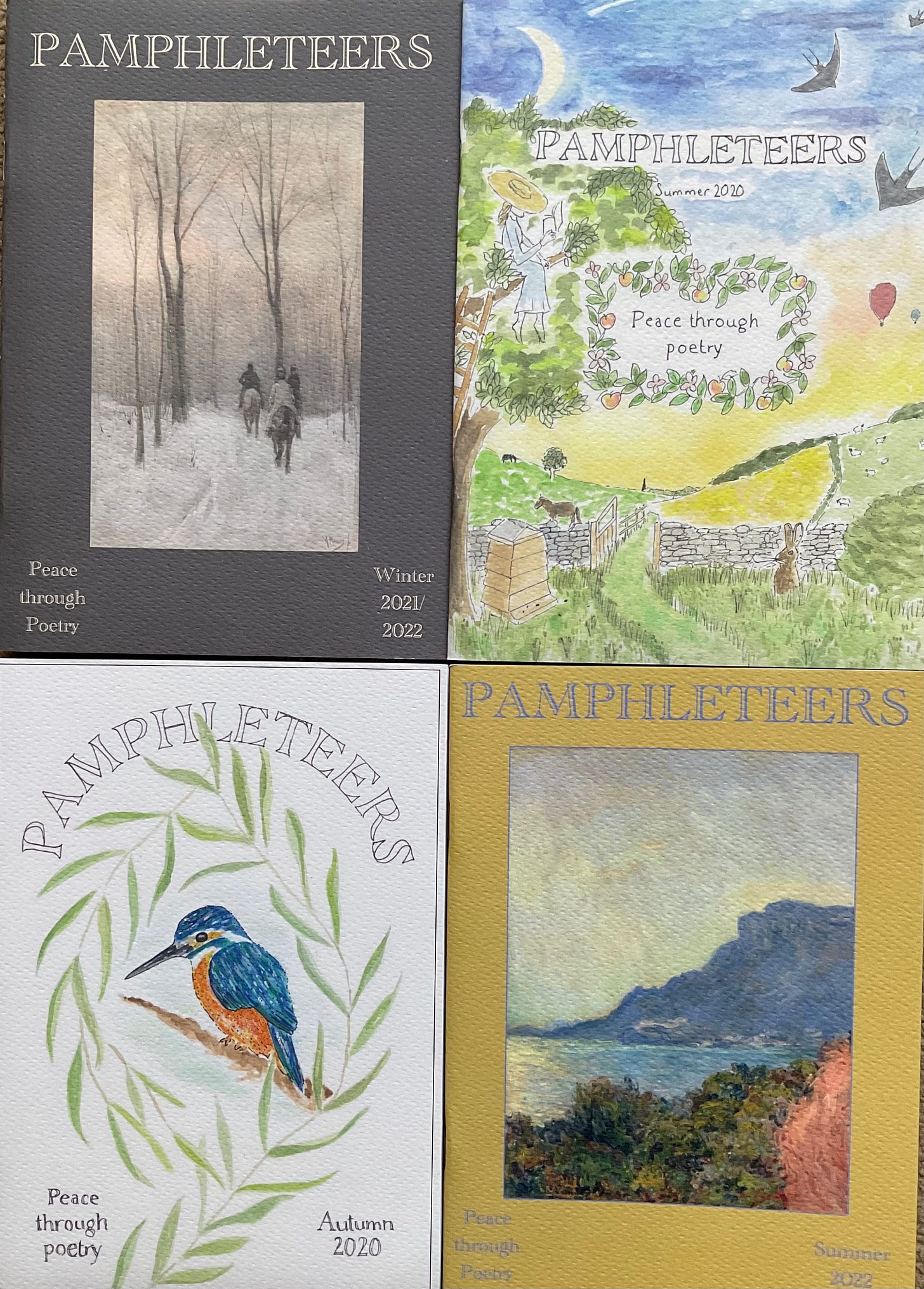
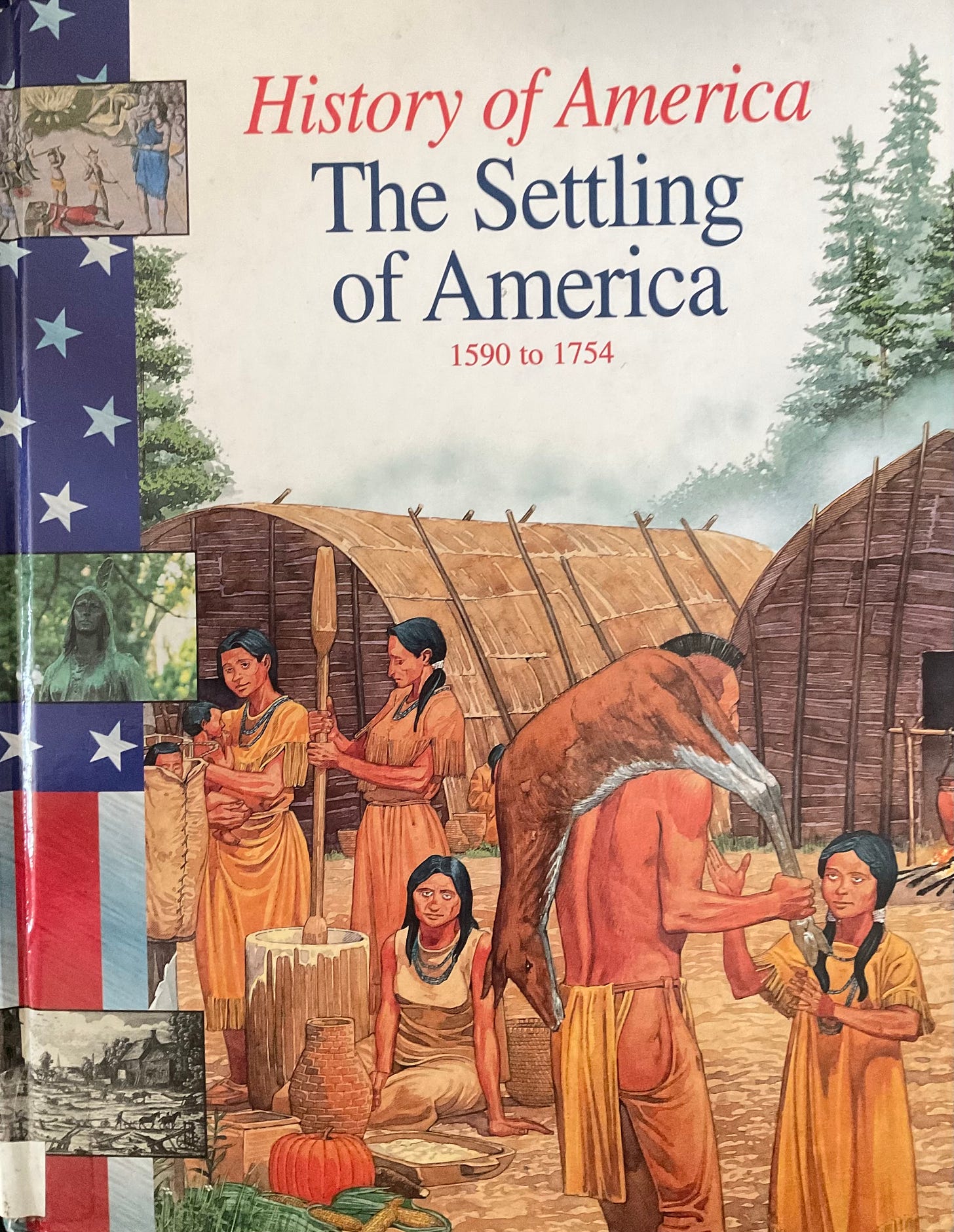
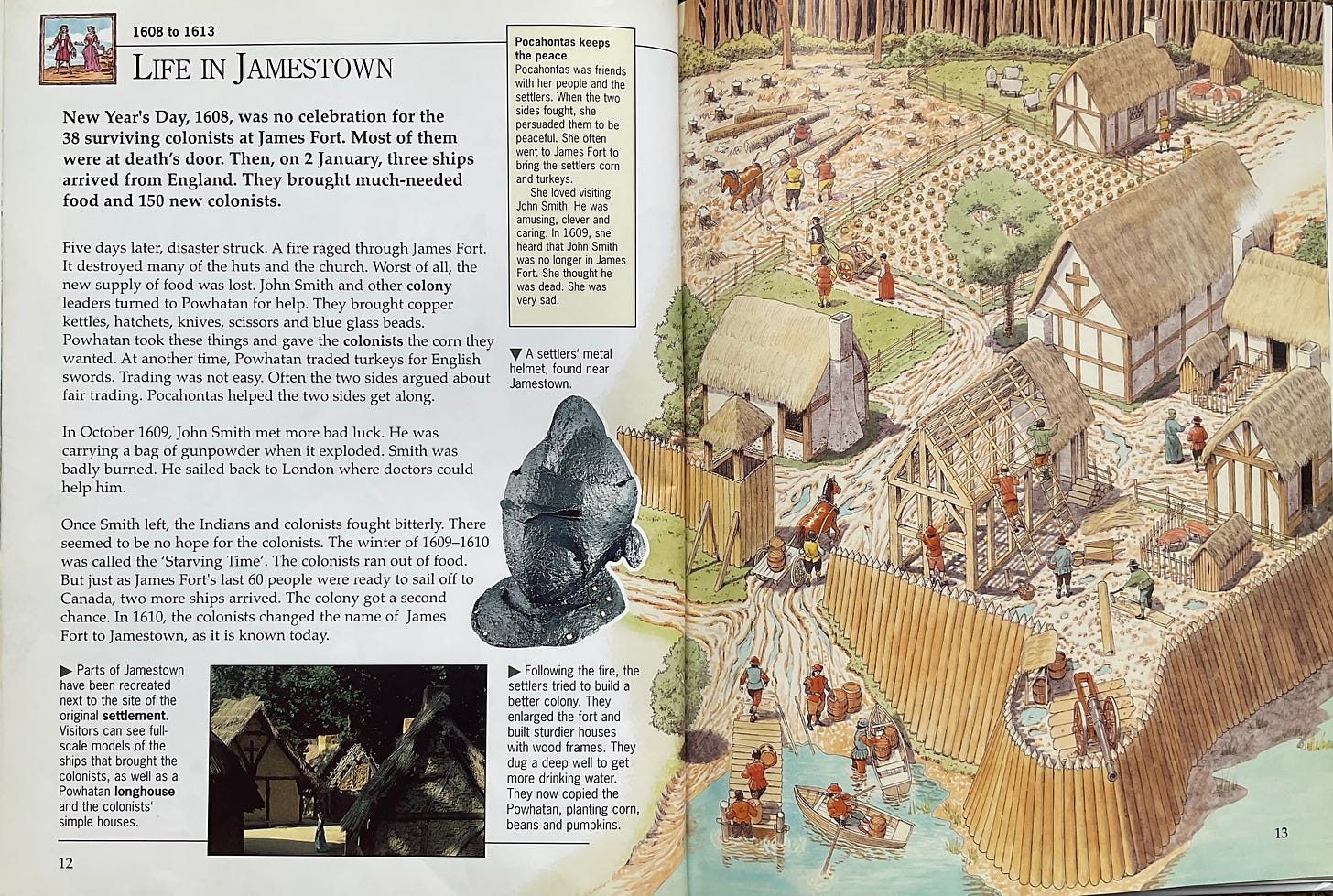
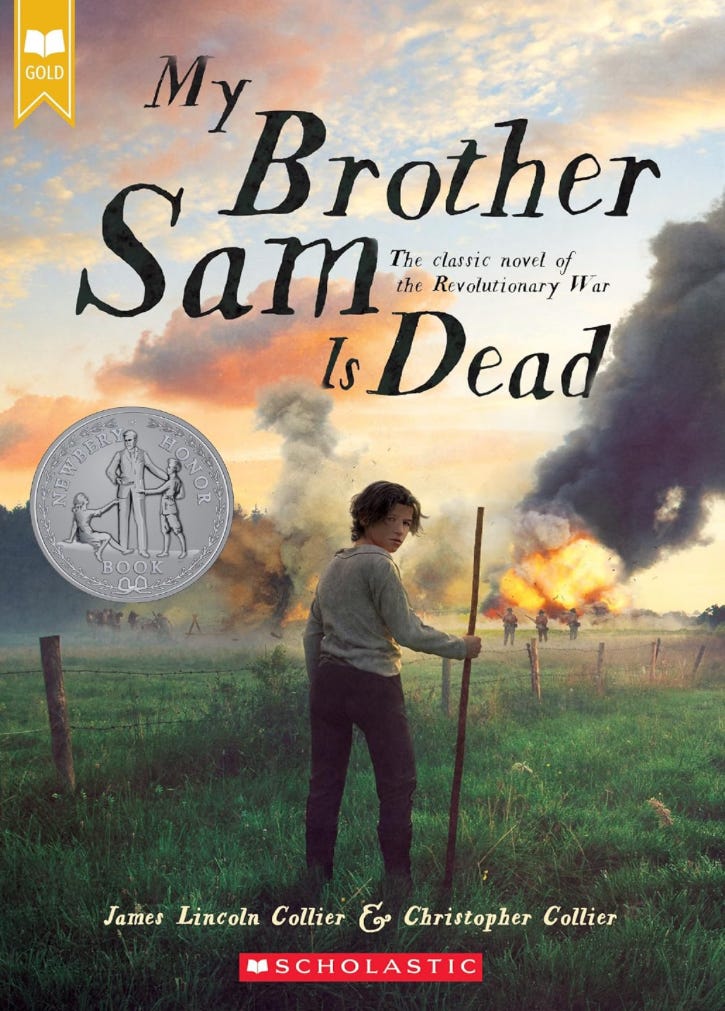
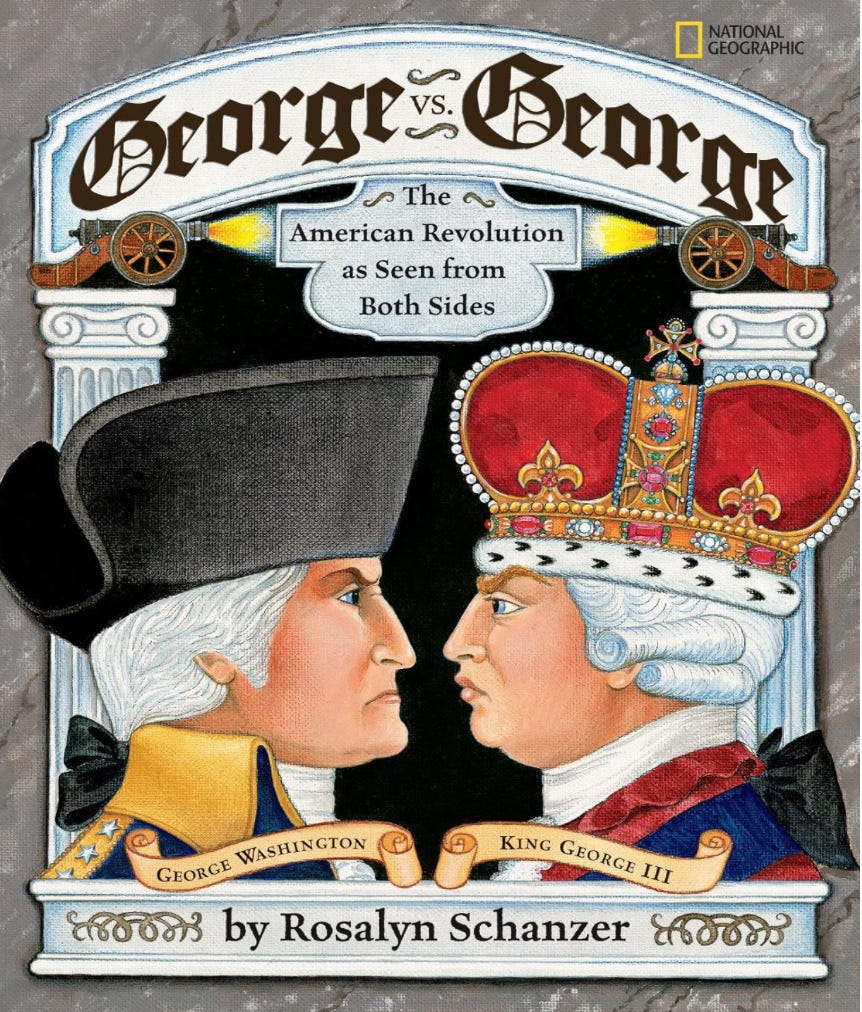
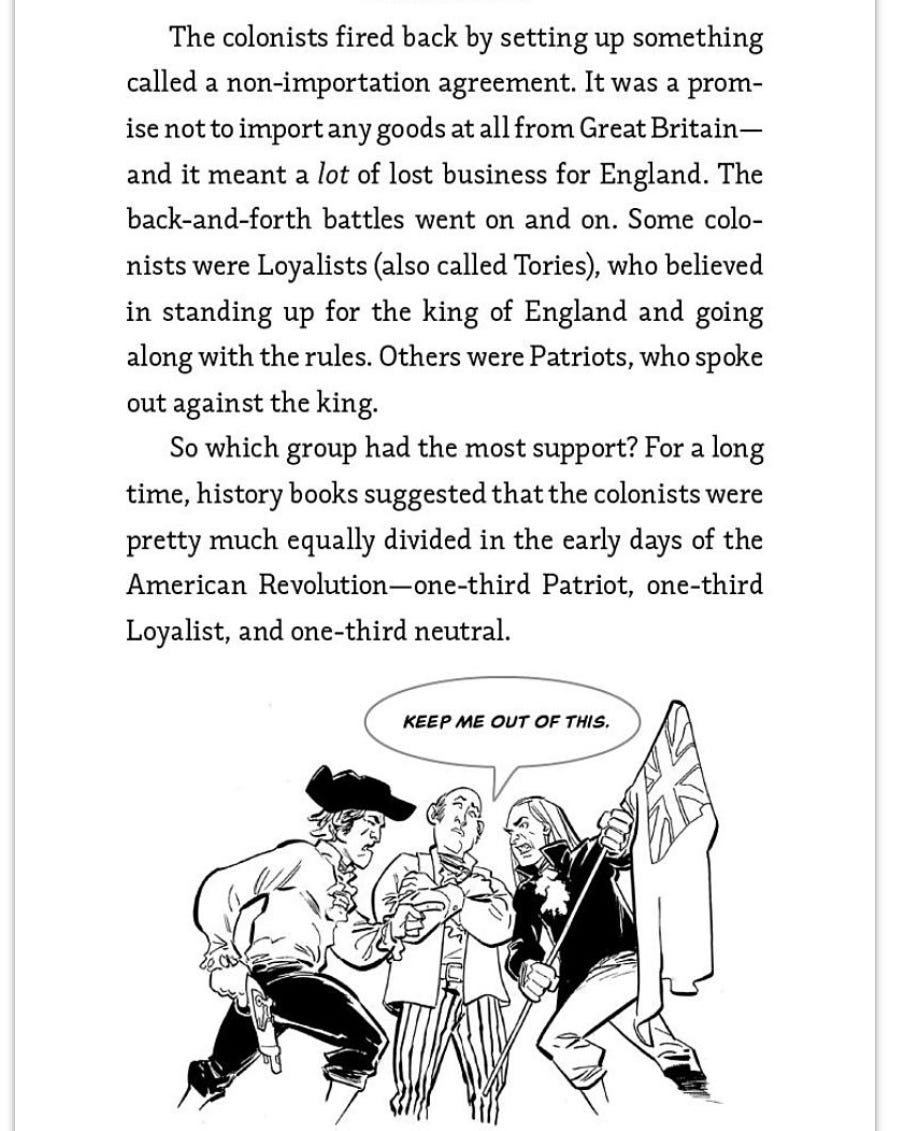

This is a great list -- my only word of caution is to keep an eye out for the likelihood that Native Americans are portrayed inaccurately and misrepresented in many of these titles. In my experience, any reading about early America -- the Revolution or otherwise -- is rife with Manifest Destiny, even before that term was born, if not racist undertones.
To this list, I would add former First Lady Lynne Cheney's picture books When Washington Crossed the Delaware and We the People: The Story of Our Constitution, as well as her chapter book, A Time for Freedom. They're all quite well done.
This is such a good list! I'm need to get my hands on some of these titles. I love that Liberty's Kids was mentioned. 🥲